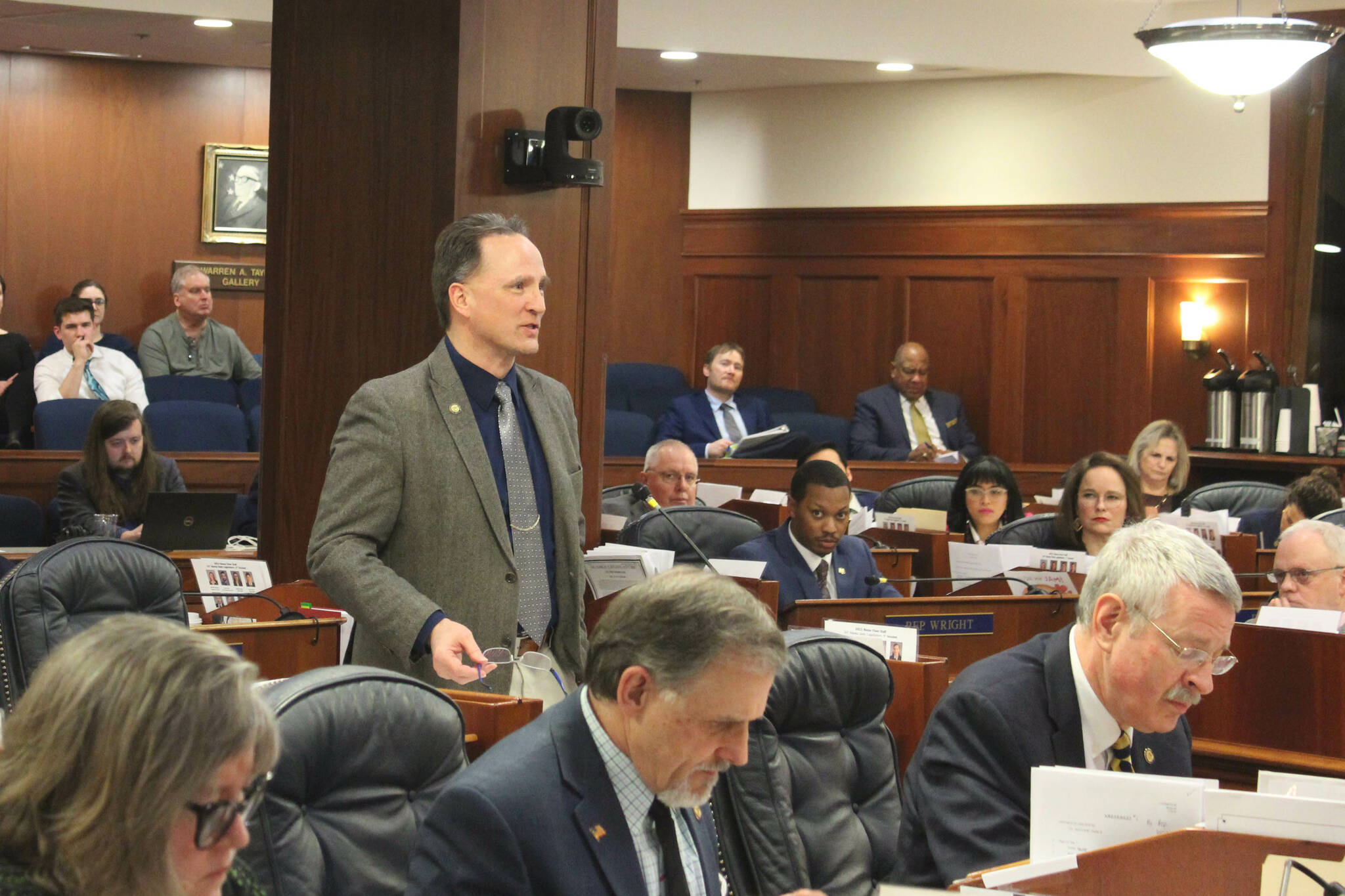HB 190, the Alaska Sunset Commission Act, isn’t your typical government initiative — it’s a game-changer in the realm of fiscal responsibility. A team of experts from the private sector, tasked with a mission: to ensure every state department is operating efficiently.
In the rush of day-to-day government, it’s easy to focus on what must be done today and lose sight of the big picture. This is where a sunset commission steps in, providing what government is missing; a moment to pause, reflect, and evaluate its own performance. Appointed commissioners will help the government see itself clearly, holding up a mirror so impartial recommendations can be made based on actual metrics and value to Alaskans.
While staff and officials juggle daily demands, they may not always have the bandwidth to optimize efficiency and effectiveness. That’s why the Ways and Means Committee drafted HB 190, the Alaska Sunset Commission Act. This Commission creates a commitment to always getting better. Think of it as an annual check-up for government agencies. These experts delve into financial records, performance metrics, and operational practices to root out inefficiencies and unnecessary overlap. Their recommendations, whether it’s streamlining operations, restructuring, or suggesting the elimination of redundant programs, carry significant weight.
HB 190, the Alaska Sunset Commission Act was heard in House State Affairs this week. The bill proposal would establish a Commission under the Lieutenant Governor as an independent and objective group charged with reviewing each department in the state on a rotating schedule. It’s comprised of seven private sector members (appointed by the Governor, Speaker of the House, and President of the Senate) with expertise in finance, budget analysis, accounting, and business processes. They will serve without compensation, but commissioners will be entitled to per diem and travel expenses authorized for boards and commissions. The Commission may hire staff and consultants with expertise to perform their review, issue reports, and draft legislation as needed. State staff will be required to cooperate with the Commission and will allow them access to all records and meetings of the department under review.
Each year, the Commission will review at least one department and its entities. It will ensure they meet financial and performance standards. It will check for efficiency and possible overlap with other state entities. A report, due within 10 days of the legislative session, will be submitted to the Governor and Legislature, detailing recommendations. The report will include recommendations for either continuation, discontinuation, restructuring, or transferring duties to another entity.
Failure of legislative action on the report will result in the sunset of the entity at the end of the fiscal year. This rigorous review process is driven by expert analysis and governmental data and is vital in curbing inefficiencies, and ensuring departments have a clear vision beyond the day to day. I also believe the Alaska Sunset Commission can stop unchecked and unaffordable state spending and enable state government to be more agile and adaptive.
Establishing the Alaska Sunset Commission will provide an essential pause our government sorely needs. As officials grapple with daily demands, the capacity for in-depth analysis often runs thin. This commission bridges the gap. A similar commission has been successfully operating in Texas since 1977.
With the Alaska Sunset Commission at the forefront, there will be a new focus on effectiveness and fiscal discipline. It’s a step towards a more transparent and accountable government, guaranteeing that every dollar spent delivers maximum value for the people of Alaska.

